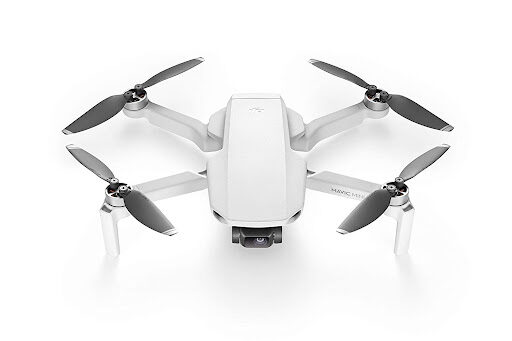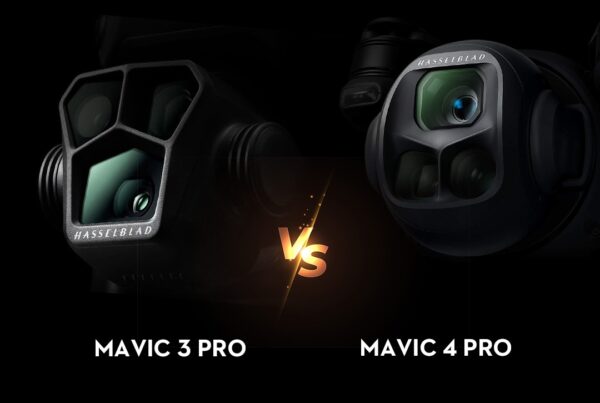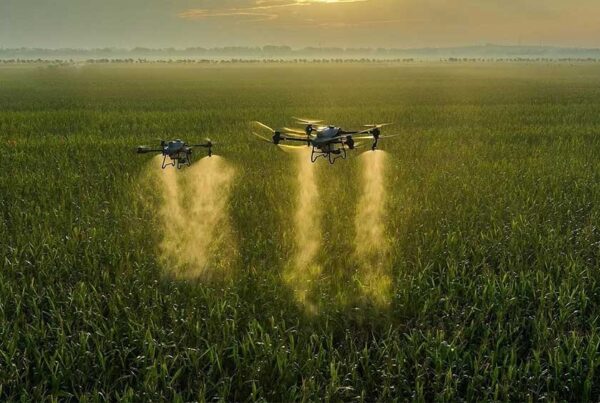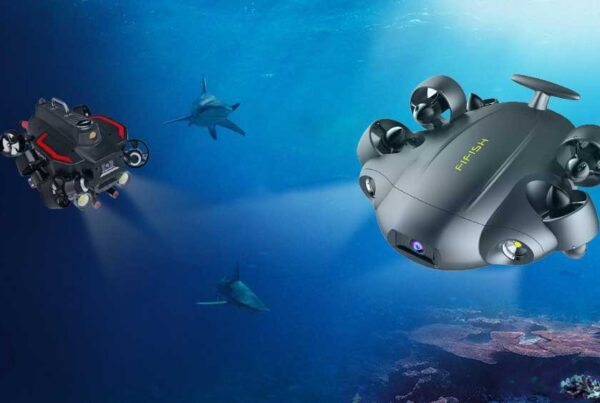Drones were brought into the limelight by Joy Lobo who is a pioneer in the drone industry. Infact, he was the inspiration behind the role of his namesake in the mind-boggling movie called 3 Idiots.
Joy sadly ended his life because his project was not accepted due to the many legalities and drone laws India involved with the purchasing and flying of drones. You must wonder, why so? It looked much more intriguing in the movie than it seems in reality, but some apprehensions of the government are very right in its place.
So, here we shall discuss the frequently asked questions about drones and drone license India.
How do we buy a drone in India?
- Although flying of drones has been prohibited or partially restricted as per drone laws in India, drones’ sales have not been prohibited in any way.
- We see many Youtubers relying upon drones at an affordable drone camera price in India for a better view and shot of the scenic beauty; this tells us that there must be some easy practice in the drones’ sales region.
- Yes, drones are nowadays easily available on online platforms such as www.xboom.in with much more reliability than the offline stores as online stores are concentrated upon drones laws India and are selling at affordable drone camera prices in India.
- Although you can easily get drones from online platforms delivering you to your home, buying it from somewhere abroad and bringing it to India will be detained in customs as it is against drone rules in India.
- According to section 2(33) of the Customs Act, 1962, “Prohibited goods” means any goods the import or export of which is subject to any prohibition under this Act or any other law for the time being in force.
What are the drone rules in India?
- Prior approval is required according to the DGCA (Director General of Civil Aviation). Flying drones without approval is considered illegal, and the drone owner can be booked for flouting the rules.
- DGCA has prohibited the flying of a UAV (Unmanned Aerial Vehicle) by any non-governmental organization
- Drones are often referred to as UAV
Why do we have such restrictions?
- This certainly is a question as to why there are such drone rules in India on something that helps us have a better look at the scenic beauty of this world, but everything has its merits and demerits.
- Drones might be used as a means to spread fear.
- The government states that it can pose a threat to the security of those other aircraft and those on the ground as it can be used in terrorist activities and will endanger the peace of this nation, which is the reason for the prior approval requirement.
Now, when considering the policies with which we have to adhere while flying or purchasing drones, we should have a clearer look at the draft policies of DGCA drafted in 2016.
How have drones been categorized in India?
- Micro – weight > 2kg
- Mini – weight between 2kg and 20kg
- Small – weight between 20kg and 150kg
- Large – weight < 150kg
What is all required for registration for a drone license in India?
- A UIN (Unique Identification Number) is required.
- For the registration, you would need to provide address proof.
- A permit from the police and one from the telecommunication department.
- You will need to give the specifications of the drone to the authorities.
- The company from which you purchased should be Indian.
How do we get a UAOP (Unmanned Aircraft Operator Permit)?
Drone rules in India state that to receive a UAOP which is also considered as a drone license in India from the authorities, you need to go through all of this procedure, which may be a bit hefty, but following drone laws in India is recommended.
- You need permission from either a civil or defense Air Navigation Service (ANS) provider.
- Permission of the land or property owner to take off and land UAV.
- Details of remote piloting and training records.
- Third party accidental insurance (if applicable).
- Security clearance from the Bureau of Civil Aviation Security of India.
See, all these drone rules in India were drafted in 2016, and going by these norms, the validity of the drone license India is two years from the date of issue, and all these documents need to be submitted to the concerned authority 90 days before flying.
Well, as of now, there has been no clarity over the creation of a portal to handle all the queries and registrations for drone license India.
What is the flight limit of the UAV or drone?
Drone rules in India state that if you want to fly your drone above 200 meters in the air, you need to take permission from the DGCA, and if permitted, you are eligible for flying your domain.
If you want to or your drone’s flying limit is less than 200 meters, then according to drone laws in India, you need to get approval from the local authorities, and then you are eligible to fly your drone.
Is there any penalty on flying drones?
If there is any flouting of the rules mentioned or non-compliance, you shall be liable for the cancellation of UAOP according to drone rules in India, as there have been no other updates in the draft policy guidelines.
The proposed guidelines make sure that we move head-to-head with the international standards when drones are in consideration as India has become the country where most drones are sold, which means we need these drone laws in India more than ever.
So, what should be our go-to place to buy a drone?
While there are many manufacturers and sellers online, reliability is much more important when dealing with technology, and especially a drone for which we have seen are required formalities that consume a major chunk of our time.
So, we would want our experience to be better than with the formalities. For such an experience is Xboom, which is an endeavor established with the primary goal of bringing upon a change in the drone industry and bringing upon a remarkable change in the personal safety situation in today’s society.






